
Agile learning draws its origins from Agile Management, a management philosophy developed in software management. At its core stands the Agile Manifesto:
According to the Agile Manifesto:
“We are uncovering better ways of developing software by doing it and helping others do it. Through this work we have come to value: individuals and interactions over processes and tools; working software over comprehensive documentation; customer collaboration over contract negotiation; responding to change over a following plan. That is, while there is value in the processes, documentation, negotiation and plan, we value the interactions, collaboration, change more.”
With the success of Agile Management, educators and entrepreneurs in education saw the potential of the method and brought it into a free learning, self-directed learning school in New York, 8 years ago. 2013 was the birth year of Agile Learning Centre.Their approach and success among students and their families grew into a global movement and a growing Agile Learning Centres Network. The Network describes ALCs as “restoring the joy of learning with a surprisingly effective educational approach: intentional culture supporting self-directed learning reinforced by agile management tools.”
In Agile 4 Collaboration we believe in and act on a series of core educational principles, including:
Agile Learning is a collection of values and principles that guides a person through their learning process. Agile Learning focuses on 3 elements, as stated in the official website of the Agile Learning Centres: self-direction, intentional culture, and agile management tools, defined as follows:
Self-Directed:
Humans are natural learners. When children get to follow their passions, they engage deeply, learning more quickly and thoroughly – covering years of content in weeks at the time they choose to learn it.
Intentional Culture:
At ALCs children feel they are heard, they belong, and they make a difference. As social creatures, we thrive in this kind of vibrant community which builds our confidence, heightens our communication skills, and calls forth our best selves.
Why Agile4Collaboration?
A new ALC struggles with finding the proper workforce, as agile learning is not included in many degree programs in the educational sciences. As a result, educators have few opportunities to engage with these approaches, the training courses are offered mainly on the American continent and they are expensive for the typical European citizen. It’s worth stating that implementing innovative pedagogies like agile learning is not simply an “add-on”
to existing practices, but an avenue to transform teaching practices and school organization, in service of supporting deeper learning and 21st-century skills.
That’s why Agile4Collaboration wants to offer opportunities for schools to learn using agile
tools and instruments, to create the proper learning spaces and to integrate technology in the daily life of students.
Mission
Agile4Collaboration aims to contribute in a collaborative, agile way, to the development of Agile Learning in Europe as a learning method .that is closer to the natural way of learning of people, and that is highly beneficial for learners who are formed in an interactive, collaborative and self-directed way.
Objectives
To this end, the project sets the following specific objectives:
Results
Result 1
Available in ![]()
![]()
![]()
![]()
![]()
![]()
Agile Learning Handbook
Self-Directed Agile Education for Resilient and Inclusive Collaboration
A theoretical guide to support educators to get a better understanding of Agile Learning and the pedagogy behind it.
Result 2
Available in ![]()
![]()
![]()
![]()
![]()
Agile Learning Design Toolbox
Practical Guidelines and Recommendations Management
A collection of resources, methods and materials put together under the form of a digital toolkit together with practical guidelines on how to use these resources adapted to the needs of learners.
Result 3
Digital tool to facilitate agile peer-to-peer learning
An open source digital tool that facilitates the learning process of children in agile peer-to-peer learning environments, and the collaboration that emerges in such environments.
Result 4
Open Educational Course
A course dedicated to teachers on the application of the agile methodology in class, giving specific advice, materials, and tools focused on real class situations to facilitate the execution in practice.
Result 5
Peer-to-Peer Online Community
An online learning community aiming to increase the level expertise of every (aspiring) practitioner using Agile Learning tools and methods.
Partners
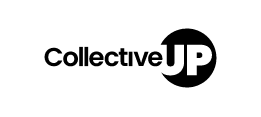
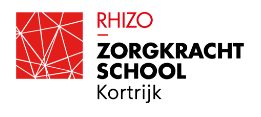
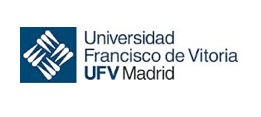
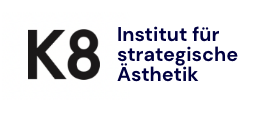
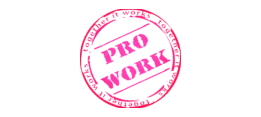
Events & Trainings
Past events
Community Meetup ALC's and Neurodiversity
Community Meetup "Ask three before me"
Evolving education for changing times: Unveiling Flow ALC
Agile Leren in een Future Classroom Lab
Educación Autodirigida y Ágil: Descubre Senbazuru con José M. Sánchez
The ALC École agile 66
Cooperation DOON
The ALC Join in Spain
Agile Learning in Europe
Train the Trainer in Agile Learning Facilitation
28 November 2022 - 2 December 2022
Kortrijk, Belgium
Upcoming events
Community Meetup
Coming soon